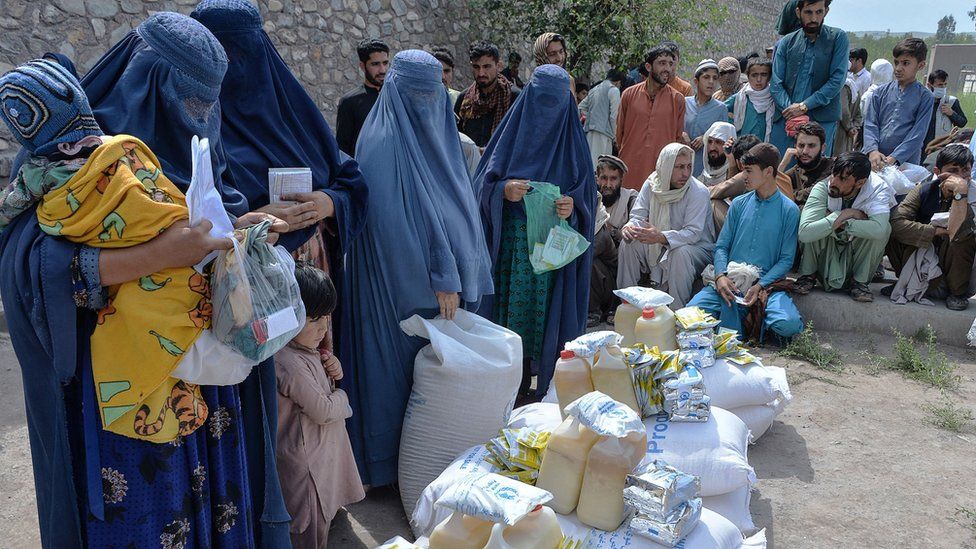The World Food Program (WFP) has reported that by October 2024, over 12 mn Afghans will face severe food insecurity. According to the United Nations Office for the Coordination of Humanitarian Affairs (OCHA), nearly 2.5 mn individuals are in urgent need of food assistance. The report also highlights that out of 3.9 mn Afghans suffering from severe malnutrition, 2.8 mn are children under the age of five. This presents a significant challenge for aid organizations working in the country.

Economic experts pointed out that international aid, while useful in the short term, does not address the underlying causes of poverty. Abdul Zahoor Modaber, an expert in economic matters, commented that foreign assistance can provide temporary relief but is insufficient to solve Afghanistan's broader economic challenges.
The Ministry of Economy has cited various factors contributing to food insecurity, including restrictions on Afghanistan, the freezing of national reserves, and climate change. Abdul Rahman Habib, spokesperson for the ministry, noted that while there has been some improvement in the country's economic situation, issues such as unemployment and food shortages persist. The ministry aims to address these challenges through programs designed to create jobs and improve family purchasing power.
The United Nations has previously raised concerns about reductions in humanitarian aid for Afghanistan. With four months left in 2024, only 25% of the required funding has been provided by the international community. As it stands, one in two Afghans continues to live in poverty, exacerbating the need for immediate and sustained assistance.
Follow Daryo's official Instagram and Twitter pages to keep current on world news.
Comments (0)